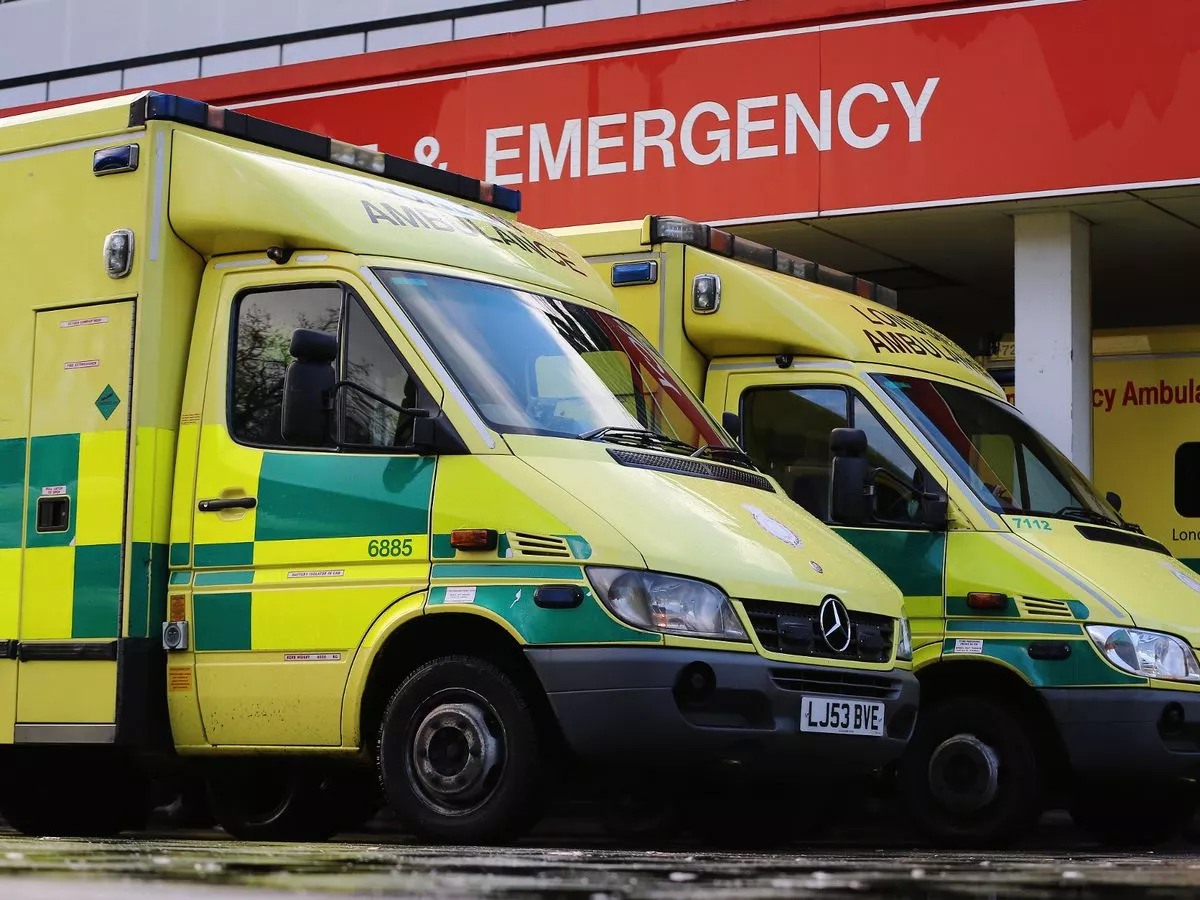Copyright manchestereveningnews

A simple blood test offered automatically to millions of NHS patients in emergency departments has uncovered thousands of people who were unknowingly living with HIV, hepatitis B or hepatitis C. The test, taken during emergency care in 34 A&Es , gives many their first chance to receive life-changing treatment. An evaluation published on Wednesday (October 29), by the UK Health Security Agency (UKHSA) reveals the scale of hidden infections detected through the NHS's 'opt-out' testing programme. The programme automatically screens patients attending A&E's in England's highest-risk areas for bloodborne viruses. Over nearly three years, more than seven million tests were carried out, identifying more than 5,000 people living with previously undiagnosed infections, including 719 new HIV cases. A further 291 people who had been diagnosed with HIV in the past but were no longer receiving treatment were also reconnected with care. Dr Sema Mandal, Consultant Epidemiologist and Deputy Director of the Blood Safety, Hepatitis, STI and HIV Division at UKHSA, said: "The pioneering NHS opt-out testing programme in emergency departments is helping us reach thousands of people who did not know they were living with HIV, hepatitis B or hepatitis C. "Many of these individuals might never have been tested otherwise – missing the chance to access life-saving treatment. "What we’re seeing is a clear and urgent need to do more to tackle these serious infections. The high number of new diagnoses across all three conditions – particularly the consistently high hepatitis B numbers – shows just how many people are living with undiagnosed bloodborne viruses. "We must improve awareness, expand testing and diagnosis and ensure people are supported into care and treatment. Early diagnosis can help prevent years of ill health and save thousands of lives." Between April 2022 and January 2025, the programme achieved a 70 per cent uptake among eligible patients, with one in 240 people testing positive for hepatitis B and one in 1,916 for HIV, the UKHSA said. More than 60 per cent of those tested had no previous record of a bloodborne virus test, suggesting the scheme is reaching groups of people who may otherwise have slipped through the cracks. Dr Claire Fuller, NHS England National Medical Director, said: "The rollout of blood-borne virus testing in NHS emergency departments has been a gamechanger for the early detection of HIV and viral hepatitis – enabling thousands more people to get access to life-saving treatments, which prevent long-term health issues and reduce the chance of passing the viruses on to others. "This builds on testing already routinely available through GPs and sexual health services across England and is a great example of the NHS making every contact with patients count, helping people to stay well, avoid illness and saving lives." In Greater Manchester alone, more than 1,000 people have received a 'life-saving' diagnosis of HIV, hepatitis B or hepatitis C , according to Manchester University NHS Foundation Trust. Almost 500,000 people have been tested across Greater Manchester, with more than 160 people newly diagnosed with HIV, over 400 people diagnosed with hepatitis B and nearly 500 people diagnosed with hepatitis C. Public Health Minister Ashley Dalton described the scheme as "a huge success". She said: "By making testing a routine part of emergency care, we’re connecting patients with lifesaving treatment earlier and helping to protect the wider community." While HIV diagnoses in the UK have fallen in recent years thanks to increased testing and treatment, health officials warn that undiagnosed infections remain a major barrier to elimination. Dalton said the rollout helps in the government's goal to end new HIV transmissions by 2030.



